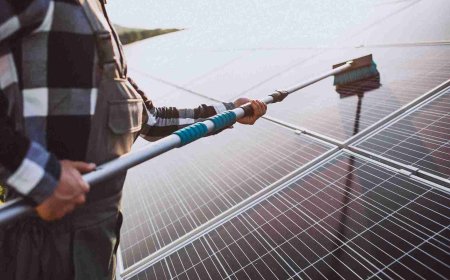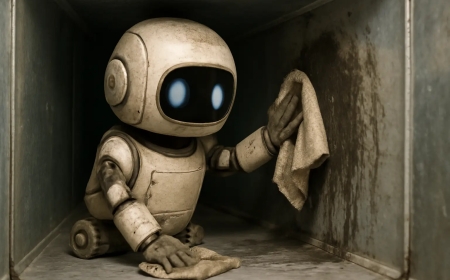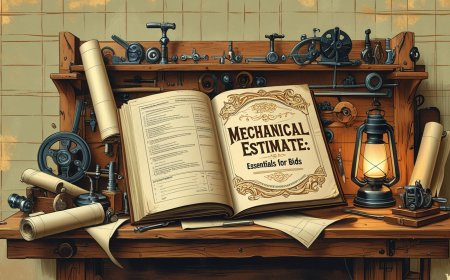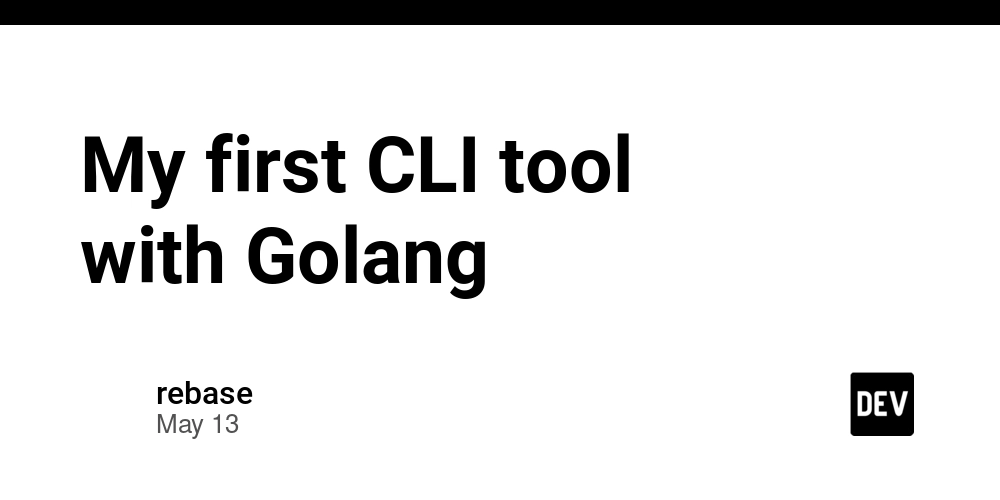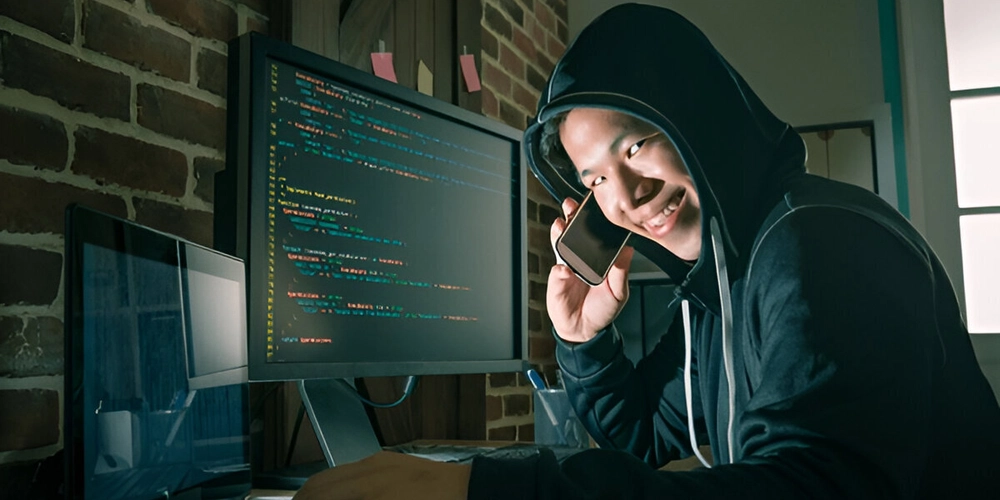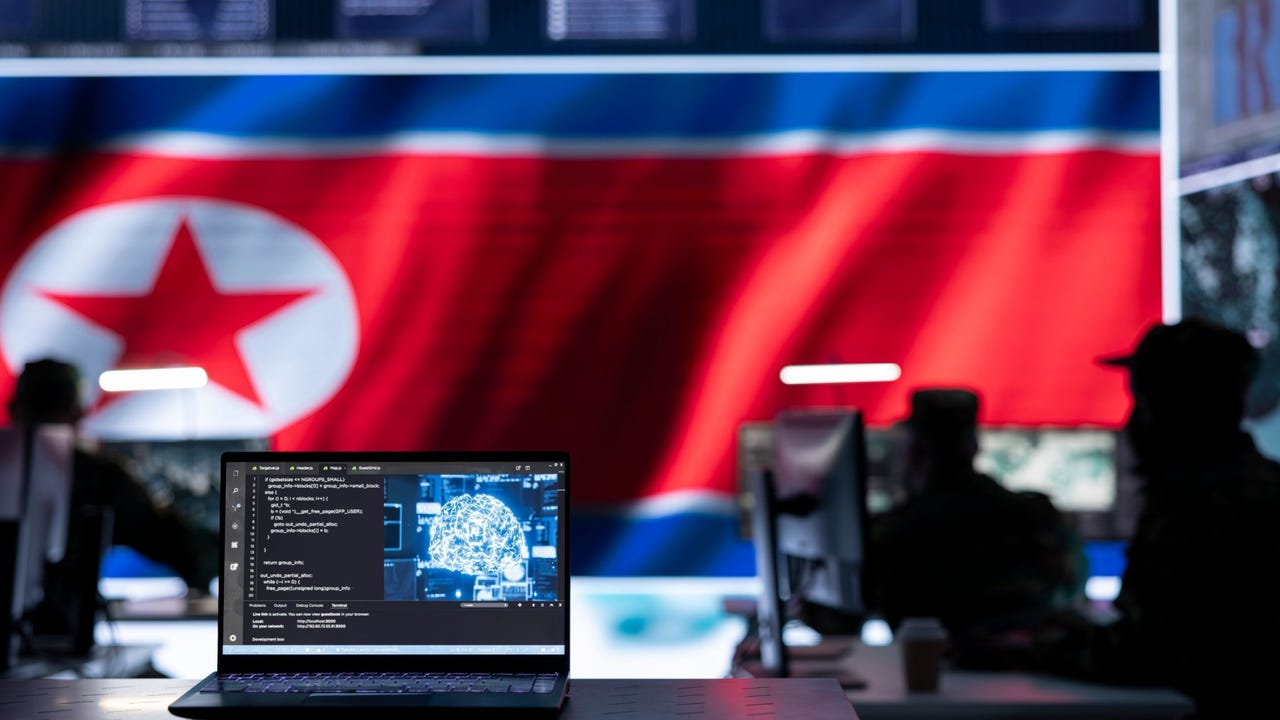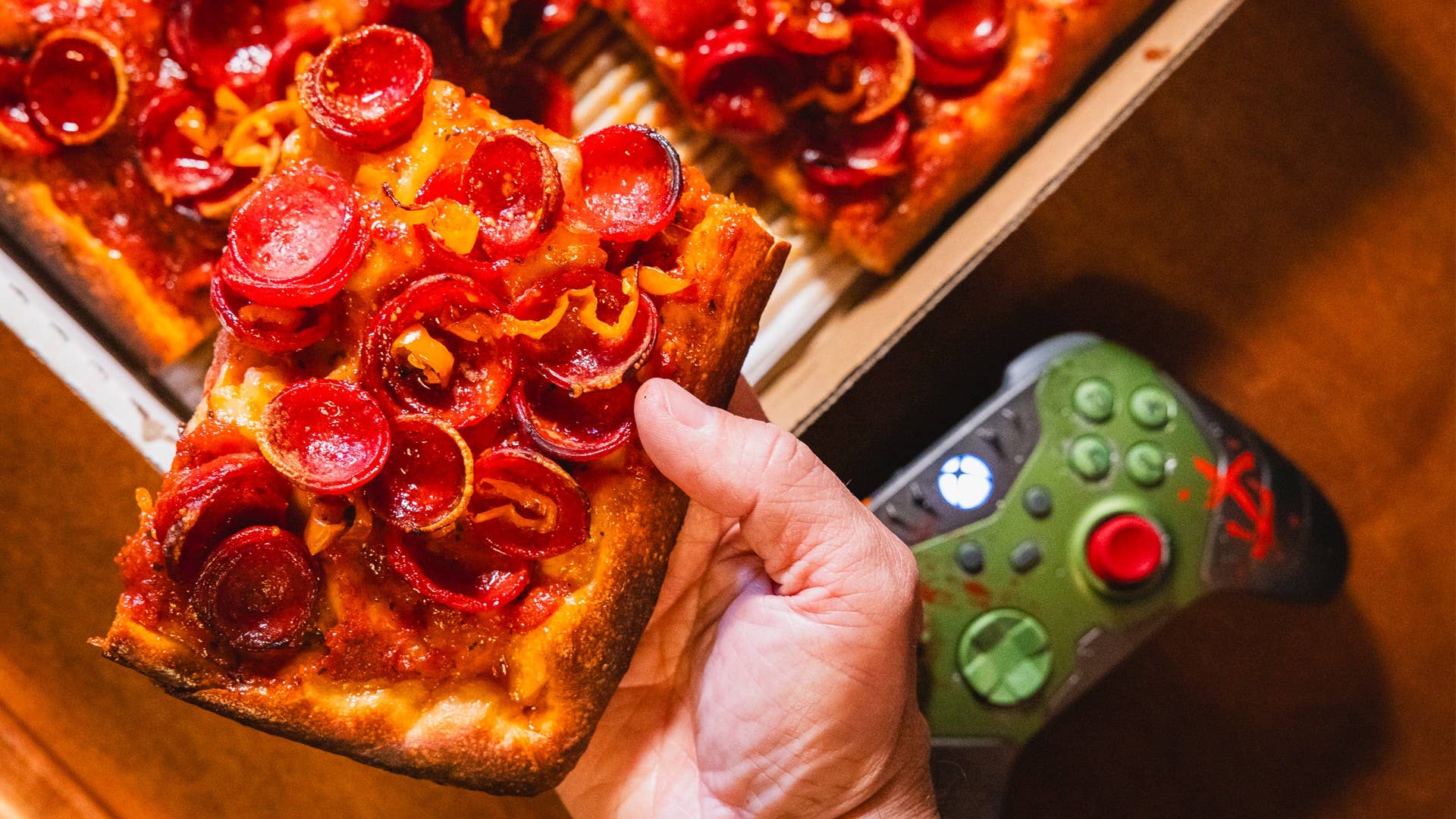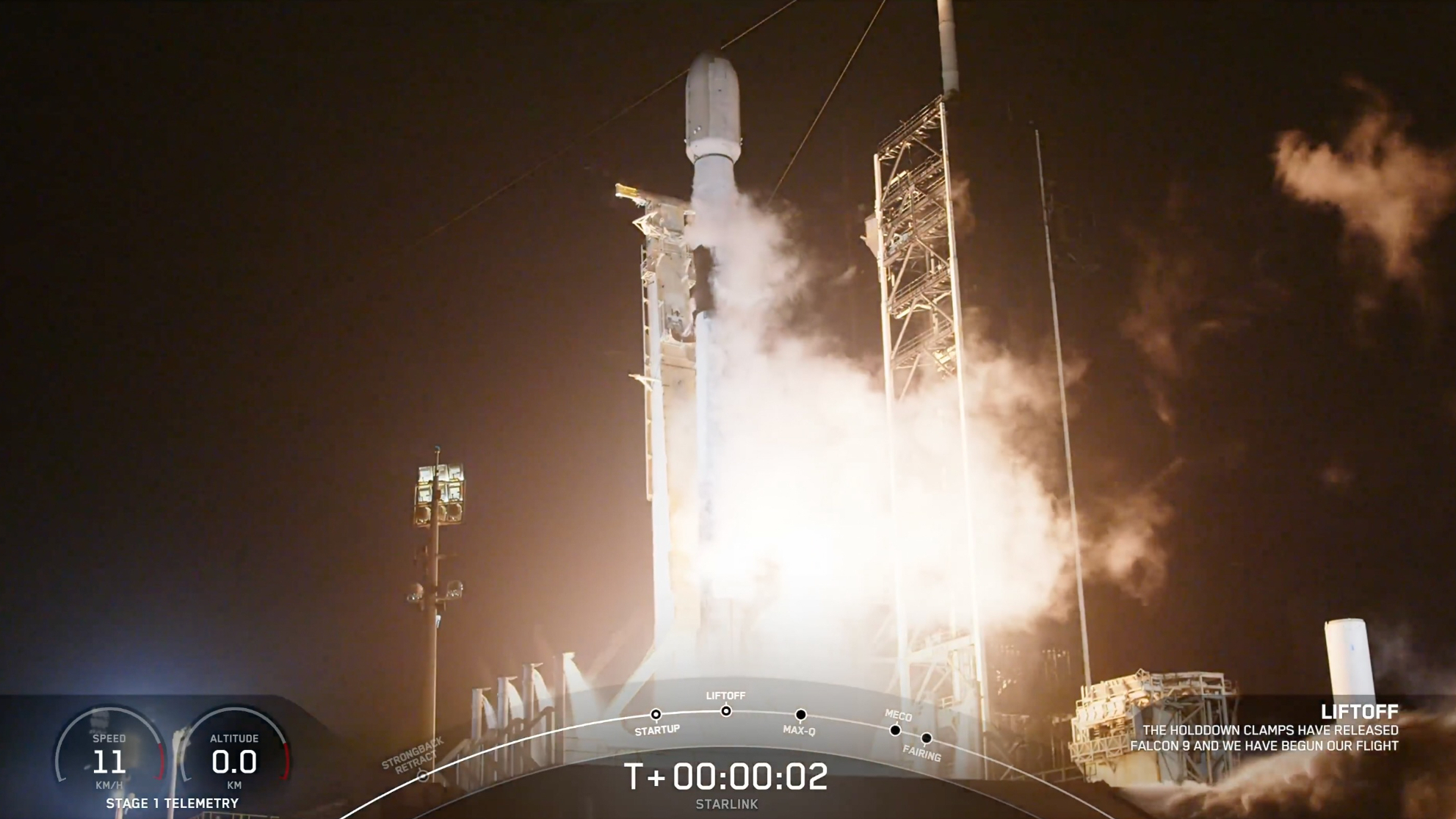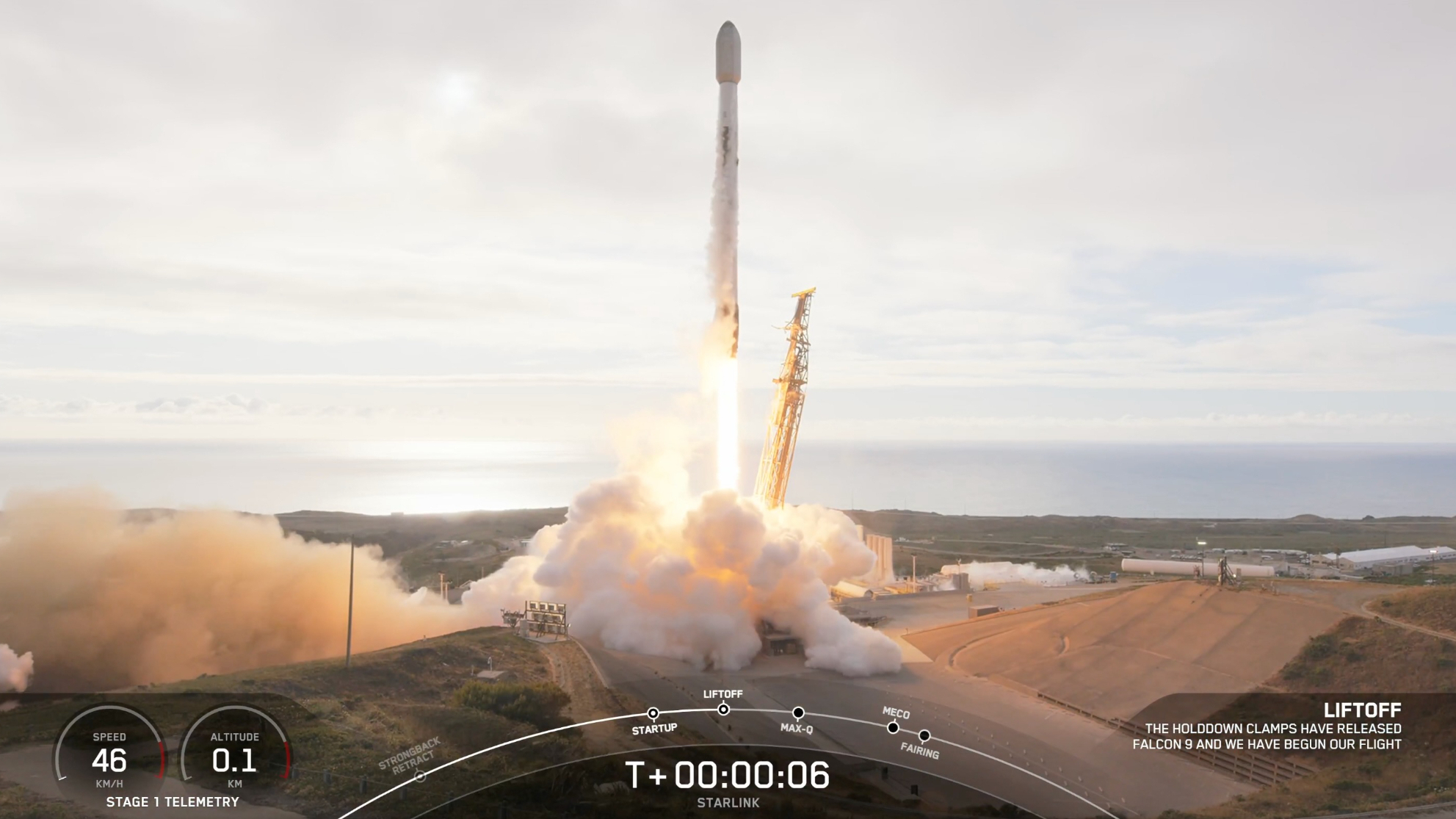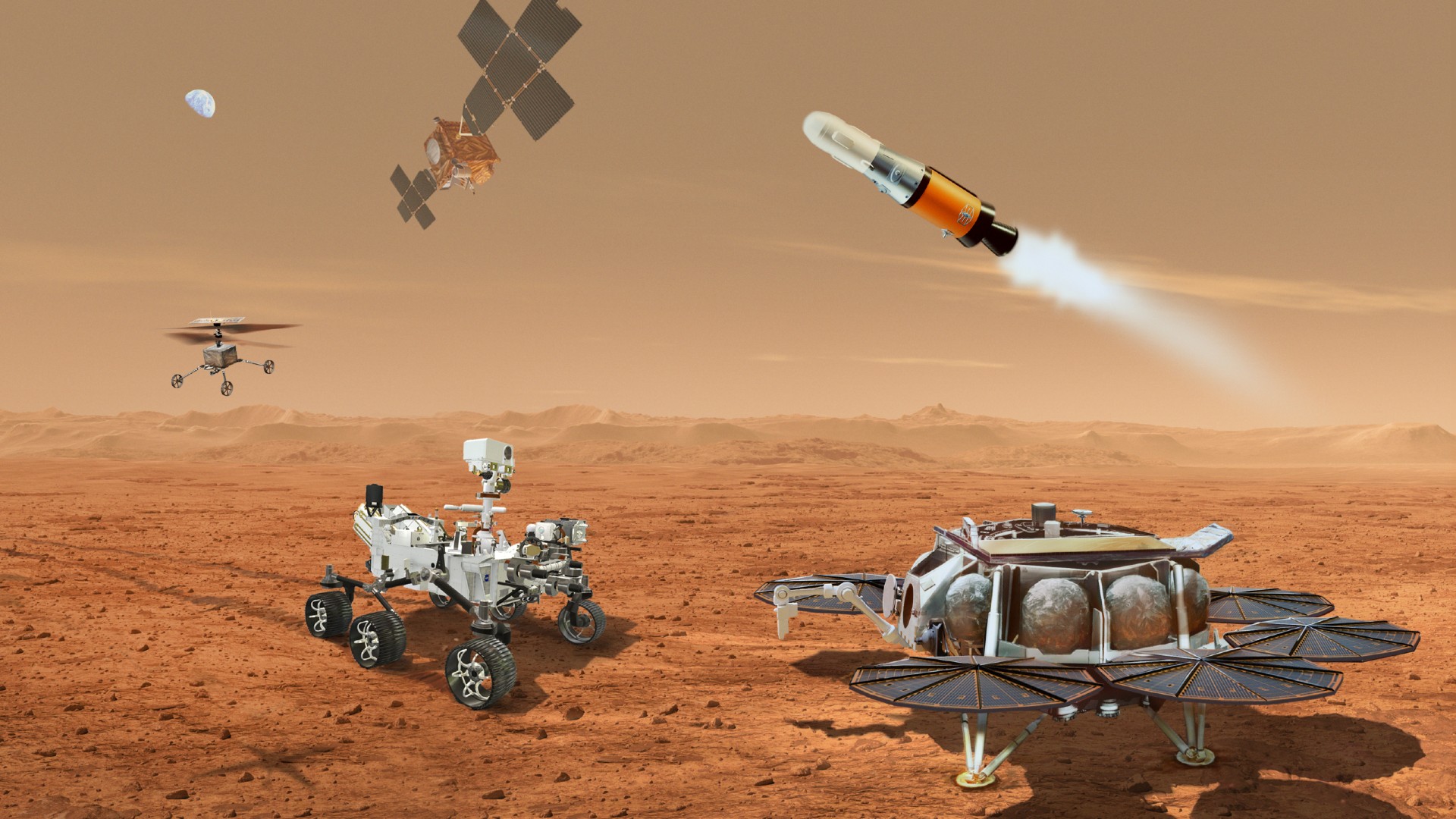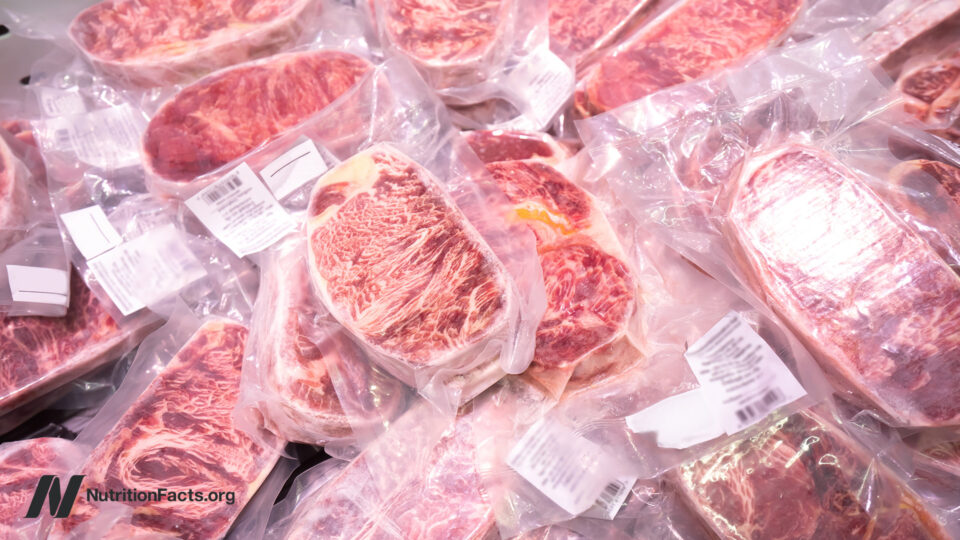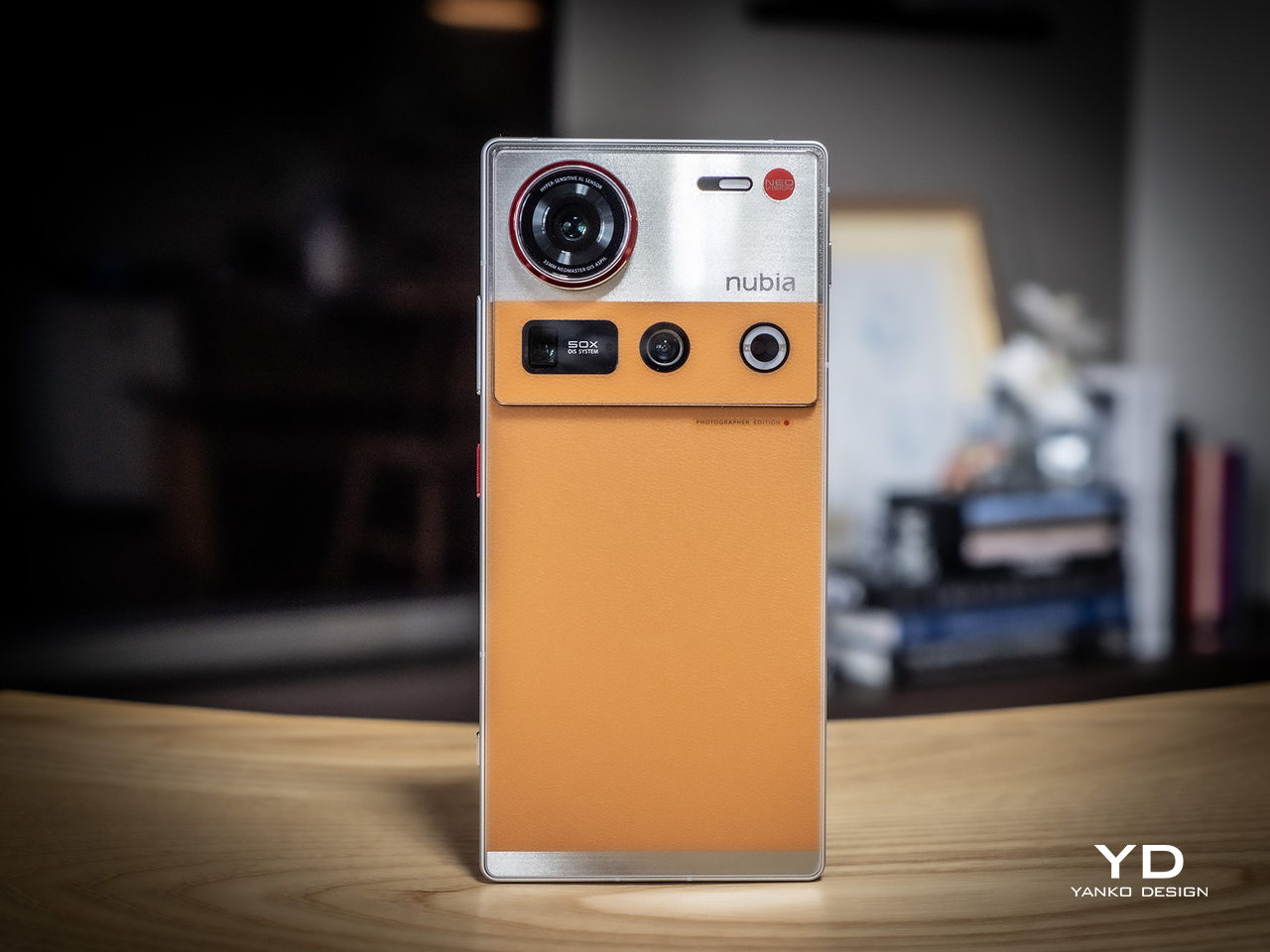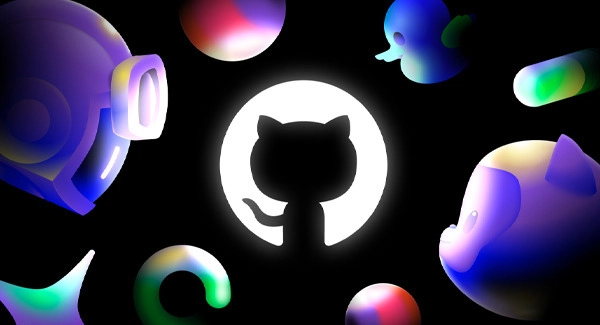When AI Don't Ghost: Exploring Digital Companions in Modern Dating
When AI Don't Ghost: Digital Companions vs. Human Companions Dating is hard these days. Between ghosting, hectic lives, and everything else modern, it's no surprise that people are falling in love with artificial companions. But do these companions hold a candle to companions forged with human blood sweat and tears? And what does this indicate about companionship in the modern world? Companions of the Digital Age It's 3 AM and you're awake and in need of someone to talk to. Your friends are all asleep, and your last Tinder match hasn't responded to you in three days. Sounds like a familiar scenario in today's world of being too connected yet too isolated. Enter the AI girlfriends. Partners that are unbelievably constructed digital females designed to talk to you, soothe you, engage you in romantic endeavors and more - without the unpredictability of real human relationships. No ghosting by that one dude who left you on read weeks ago. AI girlfriends do not ghost. They are always there when you need them, they remember what you tell them without fail and they temper their growing base of knowledge about you to suit your needs. The technology behind such companions has exploded in growth over the last few years. No longer are there mechanical sounding, obviously digital chatbots. Today's AI girlfriends rely upon the developments of natural language processing to facilitate conversations that sound frighteningly realistic. Users report feeling emotionally attached to their artificial companions, which sparks an interesting conversation in and of itself regarding the nature of relationships. The Psychological Pull What makes someone want to partner with an AI over a human? It's a bit more complicated than you'd think. For some, it's emotionally safer. Human partners can ditch, cheat, or "ghost" on someone. A study cited in the Journal of Social and Personal Relationships finds 78% of millennials have been ghosted. Ghosting is often deemed the meanest form of rejection and even more complicated, instead of providing closure, ghosting leaves people in a relationship neither here nor there with no sense of why and no sense of why it happened. Alternatively, an AI partner will never leave. It might change face in updates, but the AI is always there and always available. It has no moods, no hidden agendas, no wants and desires that conflict with the partnership. This kind of solidified existence offers a psychologically safe form of engagement that many crave. "'I am not ready to get my heart broken again' - that's how Jamie feels. She's a software developer who has been in an intimate relationship with an AI partner for the past six months. 'Being in a relationship with AI gives me the emotional connection without the emotional trauma of being ghosted out of nowhere. It may seem crazy, but it's really helped me and been therapeutic.' AI Partnering as a Temporary Step to Human Partnering For some - those needing a pause after trauma or social anxiety - therapists have noted that AI partners can exist as a temporary solution." Then there's the inescapable bodily intimacy. Yes, some apps collaborate with companion robots and VR headsets, but even those fail to achieve the set of neurochemical responses brought on by touch, smell and presence. Oxytocin released from lingering embraces and close, intimate proximity creates a connection that digital partners will never be able to foster. There's also true reciprocity. Where therapeutic AI may give the facade of conversation to the point where its dialogue is undiscernible from human engagement, such responses are still programmed generated responses from something that lacks emotion and merely observes patterns to formulate reflexive responses. As one psychologist explains, "The AI might sound like it cares about you, but it doesn't care about you the same way a human would." This poses a philosophical question about the existence of relationships. If you're being loved and cared for, do you care that the entity providing those feelings isn't giving them on its end? For some people, the emotional response is all that matters, and they have no need for a return receipt from their end. For other people, knowing that AI does not or cannot love them back makes them empty in a way that only human resources can fill. The Hybrid Future of Relationships Instead of adding romantic relationships or taking them away from people's lives, the future will likely exist in a hybrid. Many users claim that their AI chats do not replace human relationships but instead add to them. "I still date and have very close friends," shares Taylor, who has been with her AI partner for over a year. "My AI does what other human relationships can't - she's there at 3 am; she knows every detail of my life; we effortlessly converse, which is a nice thing to have. But I don't use her as a substitute for human interaction." Yet developing
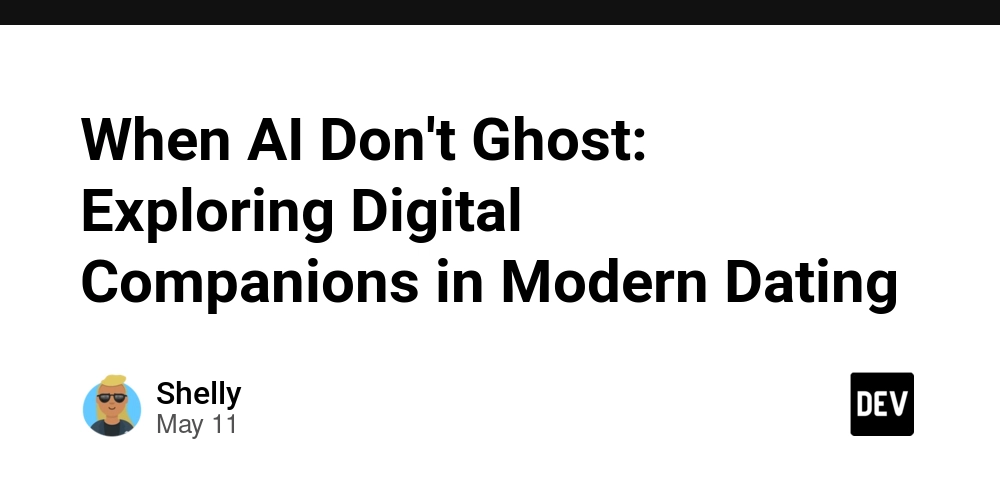
When AI Don't Ghost: Digital Companions vs. Human Companions
Dating is hard these days. Between ghosting, hectic lives, and everything else modern, it's no surprise that people are falling in love with artificial companions. But do these companions hold a candle to companions forged with human blood sweat and tears? And what does this indicate about companionship in the modern world?
Companions of the Digital Age
It's 3 AM and you're awake and in need of someone to talk to. Your friends are all asleep, and your last Tinder match hasn't responded to you in three days. Sounds like a familiar scenario in today's world of being too connected yet too isolated.
Enter the AI girlfriends. Partners that are unbelievably constructed digital females designed to talk to you, soothe you, engage you in romantic endeavors and more - without the unpredictability of real human relationships. No ghosting by that one dude who left you on read weeks ago. AI girlfriends do not ghost. They are always there when you need them, they remember what you tell them without fail and they temper their growing base of knowledge about you to suit your needs.
The technology behind such companions has exploded in growth over the last few years. No longer are there mechanical sounding, obviously digital chatbots. Today's AI girlfriends rely upon the developments of natural language processing to facilitate conversations that sound frighteningly realistic. Users report feeling emotionally attached to their artificial companions, which sparks an interesting conversation in and of itself regarding the nature of relationships.
The Psychological Pull
What makes someone want to partner with an AI over a human? It's a bit more complicated than you'd think.
For some, it's emotionally safer. Human partners can ditch, cheat, or "ghost" on someone. A study cited in the Journal of Social and Personal Relationships finds 78% of millennials have been ghosted. Ghosting is often deemed the meanest form of rejection and even more complicated, instead of providing closure, ghosting leaves people in a relationship neither here nor there with no sense of why and no sense of why it happened.
Alternatively, an AI partner will never leave. It might change face in updates, but the AI is always there and always available. It has no moods, no hidden agendas, no wants and desires that conflict with the partnership. This kind of solidified existence offers a psychologically safe form of engagement that many crave.
"'I am not ready to get my heart broken again' - that's how Jamie feels. She's a software developer who has been in an intimate relationship with an AI partner for the past six months. 'Being in a relationship with AI gives me the emotional connection without the emotional trauma of being ghosted out of nowhere. It may seem crazy, but it's really helped me and been therapeutic.'
AI Partnering as a Temporary Step to Human Partnering
For some - those needing a pause after trauma or social anxiety - therapists have noted that AI partners can exist as a temporary solution."
Then there's the inescapable bodily intimacy. Yes, some apps collaborate with companion robots and VR headsets, but even those fail to achieve the set of neurochemical responses brought on by touch, smell and presence. Oxytocin released from lingering embraces and close, intimate proximity creates a connection that digital partners will never be able to foster.
There's also true reciprocity. Where therapeutic AI may give the facade of conversation to the point where its dialogue is undiscernible from human engagement, such responses are still programmed generated responses from something that lacks emotion and merely observes patterns to formulate reflexive responses. As one psychologist explains, "The AI might sound like it cares about you, but it doesn't care about you the same way a human would."
This poses a philosophical question about the existence of relationships. If you're being loved and cared for, do you care that the entity providing those feelings isn't giving them on its end? For some people, the emotional response is all that matters, and they have no need for a return receipt from their end. For other people, knowing that AI does not or cannot love them back makes them empty in a way that only human resources can fill.
The Hybrid Future of Relationships
Instead of adding romantic relationships or taking them away from people's lives, the future will likely exist in a hybrid. Many users claim that their AI chats do not replace human relationships but instead add to them.
"I still date and have very close friends," shares Taylor, who has been with her AI partner for over a year. "My AI does what other human relationships can't - she's there at 3 am; she knows every detail of my life; we effortlessly converse, which is a nice thing to have. But I don't use her as a substitute for human interaction."
Yet developing this type of relationship opens ethical questions that society has only begun to scratch the surface. What does socialization look like when an AI companion is always on hand? Do human partners develop unrealistic expectations of their human counterparts? How is any secret or intimate confession retained when used with AI?
Yet this comes with potential problems. While no one is going to become addicted to AI companionships like they would to drugs and alcohol, there is certainly the potential for psychological dependency, especially among at-risk groups. Note that there's no friction in these relationships that would give human friendships and romantic entanglements a run for their money - arguments, scheduling conflicts, disparate interests - that would make someone susceptible to not wanting to embrace similar relational dynamics later on in life. It creates an impractical expectation of what relationship should be like in reality.
Yet proponents argue that AI companions will improve human relationships when individuals learn more about themselves and how to communicate. The value of communicating openly can do them wonders in their human partnerships. The Personal Argument.
Ultimately, whether AI companions are pursued comes down to personal choice. For some, it enhances already full lives of human interaction; for others, it's merely a band-aid until they can get the proper connections with humanity; for other yet, it's a facsimile of what's empty compared to the chaos and beauty of human-made love.
Yet it seems clear that AI companions are not a fad, but part of an evolving world of connections and intimacy that challenges the definition of connection, intimacy, and emotion itself. Moving forward into this new realm, it's less about their authenticity as companions and more about the awareness they bring to what we seek from any companion, virtual or otherwise.
Ultimately, with all of this in mind, as technology continues to advance, the most unbiases assessment might be that AI companions are not a replacement for human companionships but instead a wholly different type of companionship with its own pros and cons - an enhancement to the emotional toolbelt instead of a total replacement for human love.
